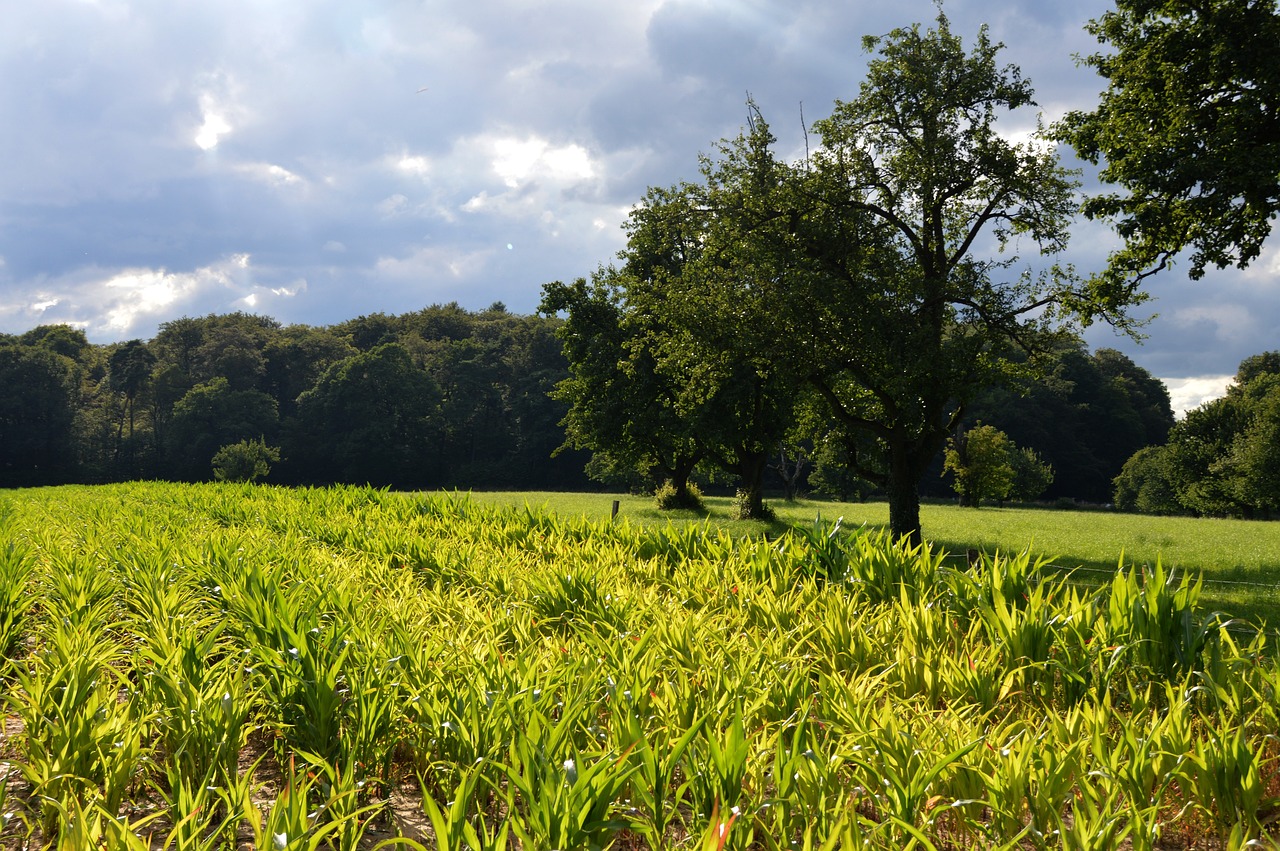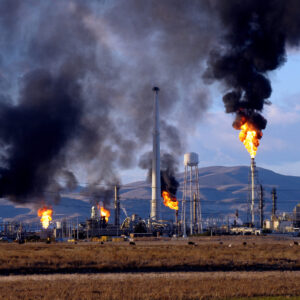Climate Change: A Call to Action for All
Climate change is not a distant or abstract threat; it is a pressing reality that demands immediate attention and decisive action. Its impacts are being felt globally, affecting ecosystems, economies, and communities in profound ways. The scientific consensus is clear: human activities, particularly the burning of fossil fuels and deforestation, are the primary drivers of climate change. To avert catastrophic outcomes, we must act urgently to reduce greenhouse gas emissions and transition to sustainable practices.
The Impacts of Climate Change: A Global Reality
The impacts of climate change are widespread and deeply interconnected, affecting every aspect of life on Earth.
Rising Temperatures and Heatwaves
Global warming has led to unprecedented increases in temperatures, resulting in more frequent and severe heatwaves. Vulnerable populations, such as the elderly, children, and individuals with pre-existing health conditions, are at heightened risk of heat-related illnesses and mortality. Urban areas, with their dense infrastructure, experience exacerbated effects through the “urban heat island” phenomenon.
Implications for Public Health
- Heat-Related Illnesses: Heat exhaustion, dehydration, and heatstroke are becoming more common.
- Spread of Diseases: Warmer climates are expanding the range of vector-borne diseases such as malaria and dengue fever.
Extreme Weather Events
Changing weather patterns are fueling more intense and unpredictable storms, floods, droughts, and wildfires. These events have devastating consequences, including loss of life, destruction of infrastructure, and disruption of livelihoods.
Examples of Recent Disasters
- Flooding: Record-breaking floods in Pakistan in 2022 displaced millions and caused billions in damages.
- Hurricanes: Intensified storms, such as Hurricane Ida in 2021, have wreaked havoc on coastal communities.
Sea Level Rise: A Looming Crisis
One of the most visible consequences of climate change is the rising sea levels caused by melting polar ice caps and thermal expansion of seawater. This phenomenon threatens coastal communities, small island nations, and major cities.
Displacement and Migration
- Coastal Erosion: Entire communities are at risk of being submerged, forcing mass migrations.
- Economic Disruption: Ports, tourism hubs, and infrastructure face significant threats.
At-Risk Regions
- Pacific Islands: Nations like Tuvalu and Kiribati are on the brink of disappearing.
- Urban Centers: Cities like Miami, New York, and Jakarta face increasing risks of inundation.
Socio-Economic Inequalities Amplified by Climate Change
The impacts of climate change are not distributed equally. Marginalized and low-income communities, often the least responsible for greenhouse gas emissions, are disproportionately affected.
Economic Costs of Inaction
A United Nations report estimates that the global economy could lose up to $2 trillion by 2030 due to climate change. These costs arise from:
- Infrastructure Damage: Floods and storms destroy roads, bridges, and buildings.
- Agricultural Losses: Droughts and unpredictable weather reduce crop yields, threatening food security.
- Healthcare Costs: Climate-related illnesses strain healthcare systems.
Social Impacts
- Poverty and Inequality: Climate disasters push vulnerable populations further into poverty.
- Conflict and Instability: Resource scarcity, such as water shortages, exacerbates geopolitical tensions.
The Ecological Toll: Biodiversity and Ecosystem Loss

Climate change poses a grave threat to biodiversity, altering habitats and pushing many species toward extinction.
Habitat Disruption
Shifting temperatures and precipitation patterns disrupt ecosystems, leading to:
- Species Migration: Animals and plants relocate to find suitable conditions, often facing new threats.
- Coral Bleaching: Warmer oceans cause coral reefs to die, impacting marine biodiversity.
Extinction Risks
Many species cannot adapt quickly enough to the changing environment. Iconic examples include:
- Polar Bears: Losing sea ice habitat due to Arctic warming.
- Amphibians: Declining populations due to changing rainfall patterns and diseases.
Why Political Will and Global Cooperation Are Essential
Despite the overwhelming evidence and urgency, political action on climate change remains inadequate. Governments and corporations often prioritize short-term economic gains over long-term sustainability, delaying critical transitions to low-carbon economies.
Barriers to Climate Action
- Economic Interests: Dependence on fossil fuels creates resistance to change.
- Lack of Consensus: International negotiations often stall due to differing priorities among nations.
The Cost of Inaction
The longer we delay addressing climate change, the higher the costs will be. These include:
- Escalating Disasters: More frequent and severe natural disasters.
- Lost Opportunities: Delayed investments in renewable energy and infrastructure.
A Call to Action: What Can Be Done?
Mitigation Strategies
To limit global warming, we must reduce greenhouse gas emissions through:
- Transition to Renewables: Solar, wind, and hydropower must replace fossil fuels.
- Energy Efficiency: Buildings, transportation, and industries need to adopt more efficient technologies.
Adaptation Measures
Even with mitigation, some impacts of climate change are unavoidable. Adaptation efforts include:
- Resilient Infrastructure: Building flood barriers and heat-resistant infrastructure.
- Climate-Smart Agriculture: Developing drought-resistant crops and sustainable farming practices.
The Role of Individuals and Communities
While systemic change is essential, individuals and communities also have a role to play in combating climate change.
Lifestyle Changes
- Reducing Carbon Footprints: Using public transportation, eating less meat, and conserving energy.
- Supporting Sustainable Products: Choosing eco-friendly goods and reducing waste.
Grassroots Movements
Community-led initiatives, such as tree planting campaigns and local clean energy projects, empower citizens to take action.
The Consequences of Inaction
If we fail to address climate change, the consequences will be dire and far-reaching.
Irreversible Damage
- Runaway Warming: Exceeding tipping points, such as the melting of permafrost, could trigger unstoppable feedback loops.
- Loss of Ecosystems: The Amazon rainforest and Arctic tundra are at risk of collapse.
Human Suffering
- Widespread Displacement: Climate refugees could number in the hundreds of millions.
- Economic Collapse: Unchecked climate change could destabilize global markets.
Hope for the Future: Turning the Tide
While the challenges are immense, there is still hope. The global community has the tools, knowledge, and resources to combat climate change if we act decisively.
Success Stories
- Paris Agreement: International cooperation has led to commitments to limit warming to below 2°C.
- Technological Innovations: Advances in renewable energy, carbon capture, and storage offer new solutions.
A Shared Responsibility
Climate change is a global issue that requires collective action from governments, businesses, and individuals. Together, we can create a sustainable future for generations to come.
A Call to Action
Climate change is the defining challenge of our time. Its impacts are already being felt, and the window for effective action is closing rapidly. Ignoring the crisis is no longer an option. We must rise to the challenge, embracing bold strategies to mitigate emissions, adapt to new realities, and protect our planet. The time to act is now—for the sake of our ecosystems, economies, and future generations. Let this be a turning point, where humanity chooses resilience, innovation, and hope over complacency and despair.






